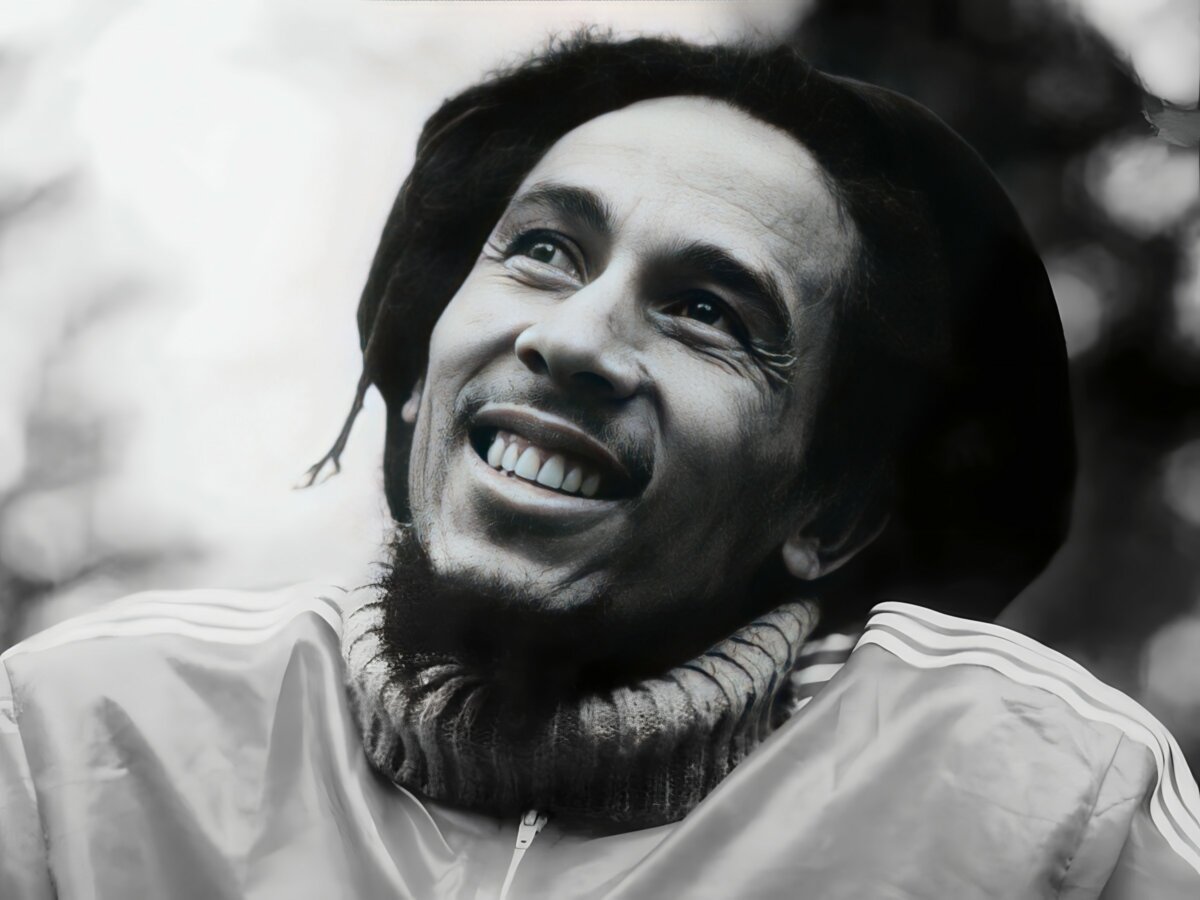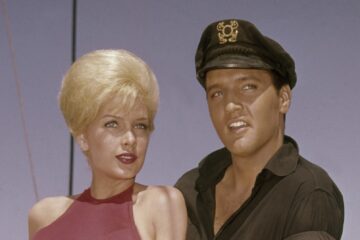When Bob Marley wrote ‘Could You Be Loved’ in 1979, he knew he wanted a hit that would make waves in the American markets. The opening groove of the guitar riff, coupled with the rousing cries of: “Don’t let them fool ya!” ensured it would be. Marley was priming for a huge US tour to promote Uprising, so he wisely leaned into a faster, disco-driven sound.
It was a wise move, quickly becoming one of the first reggae tracks to get airplay on American radio. A lot of its international success was owed to New York station WBLS, after Frankie Crocket played it continually, solidifying it as one of the biggest hits produced by Bob Marley & The Wailers. Tragically, the international success came on the heels of Marley’s cancer diagnosis. On the American leg of the Uprising tour, it was discovered his cancer had spread to his brain, liver, and lungs.
While Marley retained the songwriting credits, it was actually Wailers guitarist Junior Marvin who came up with the iconic guitar riff. He was toying with ideas when the band was working back in London, and within seconds of hearing it, Marley knew how infectious it was. “[He] said, ‘What’s that?’ I said it was just something I was messing around with,” Marvin told Uncut, “and he said, ‘Can I use it?’”
Before Marley even heard Marvin’s riff, Crocker had advised the band that band they needed a reggae track fused with James Browne’s brand of funk to appeal to the Black American audiences. That advice still ringing in Marley’s head, they travelled to Brazil together alongside Inner Circle’s Jacob Miller to record the song with Marvin’s sound.
“We never got any official credit or compensation,” joked Marvin, “but from time to time Bob would quietly give me some money to keep me sweet!” As he relayed to Redbull Music Academy, the song was a pivotal breakthrough for them, going on to become a top ten hit. “This is when black people started digging Bob Marley,” he said. “It worked well, and we were ready to go higher and higher – we were going to go on tour with Stevie Wonder. We did shows with The Commodores, and they were selling out all around the world.”
Reflecting on the collaborative effort, Marvin said everyone was free to offer up their ideas, and their songs were richer for it. “It would grow in a positive way, and Bob had confidence in the people that played with him,” he said. “He’d always say the songs would come out better than he imagined. He was always happily surprised when he got into it. I guess that’s why he chose the people he chose to work with.”



